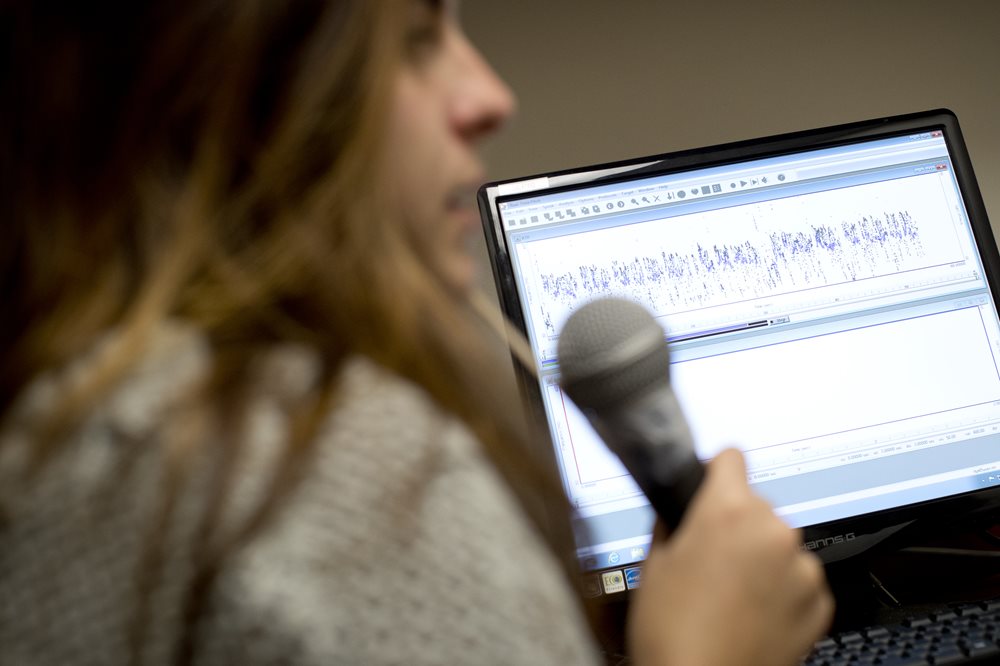Speech and Voice Disorders in Parkinson’s Disease
Speech difficulties and voice problems are very common in individuals with Parkinson’s Disease. According to the Parkinson’s Foundation, 89 percent of people with Parkinson’s experience speech and voice disorders including soft, monotone, breathy and hoarse voice and uncertain articulation. As a result, people with Parkinson’s Disease report they are less likely to participate in conversation, or have confidence in social settings than healthy individuals in their age group.
 Parkinson’s disease affects nerves and muscles that affect your speech such as:
Parkinson’s disease affects nerves and muscles that affect your speech such as:
- Voicebox (larynx)
- Throat
- Respiratory muscles
- Roof of mouth, tongue and lips
- Facial muscle movement
- Areas of the brain that control hearing and voice and speech processing
The symptoms will vary from person to person but may include:
- Reduced volume of speech
- Slurred speech
- Fast speech
- Difficulty articulating words
- A monotonous tone
- A hoarse or unsteady voice
- Reduced facial expressions
- Tremor in your voice
- Having a breathiness to your voice
- Trouble clearly and easily pronouncing letters and words
 Speech-language pathologists (SLP) are specifically trained to diagnose and treat speech, language and swallowing disorders. It is recommended that you see a SLP soon after diagnosis. By seeking help early on, they can assess your difficulties and suggest specific strategies to improve speech. Even if you are not having problems with speech, the speech-language pathologist may pick up subtle changes that you have not noticed, and can make suggestions for preventing problems from developing later in the disease.
Speech-language pathologists (SLP) are specifically trained to diagnose and treat speech, language and swallowing disorders. It is recommended that you see a SLP soon after diagnosis. By seeking help early on, they can assess your difficulties and suggest specific strategies to improve speech. Even if you are not having problems with speech, the speech-language pathologist may pick up subtle changes that you have not noticed, and can make suggestions for preventing problems from developing later in the disease.
SLPs at the Speech-Language Institute (SLI) can help people with Parkinson’s disease maintain as many communication skills as possible. SPEAK OUT!® is an individualized treatment protocol that improves speech intelligibility and trains the use of intentional voice through the use of specific daily exercises. Clients work with a graduate student clinician, closely supervised by a Clinical Educator who is also a certified Speech-Language Pathologist in an individual speech therapy training program. Once the client participant reaches their individual treatment goals, they graduate to the LOUD Crowd® support group to learn to use the skills they’ve acquired in a group maintenance program.
If you or a loved one has Parkinson’s Disease and is in need of speech-language treatment, contact us today.